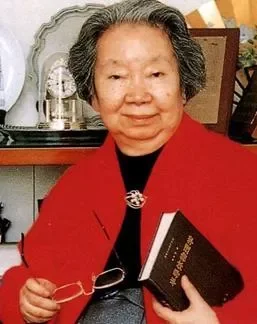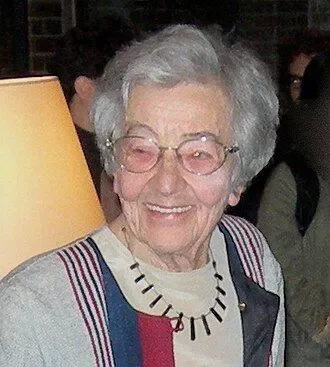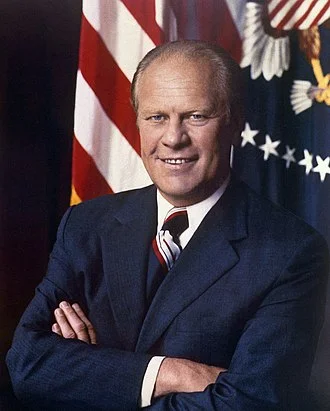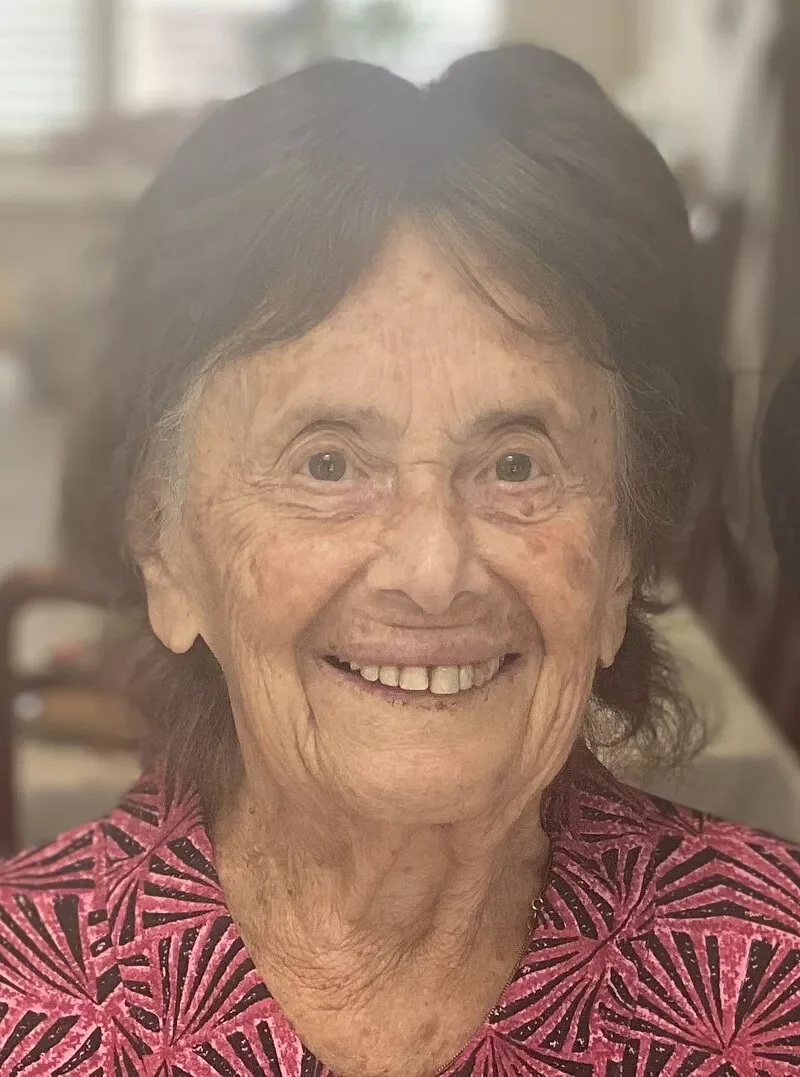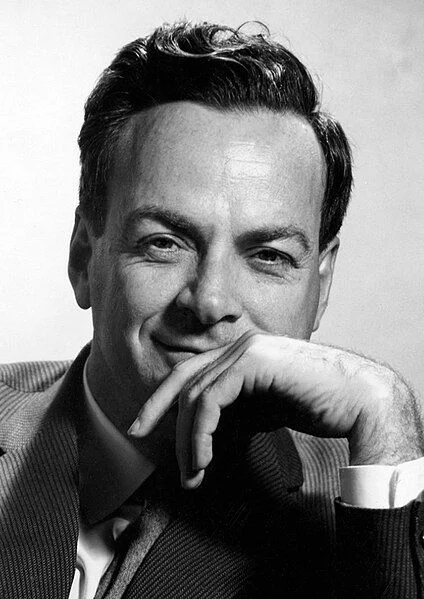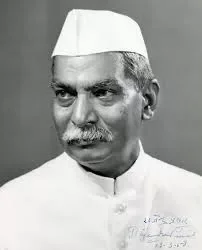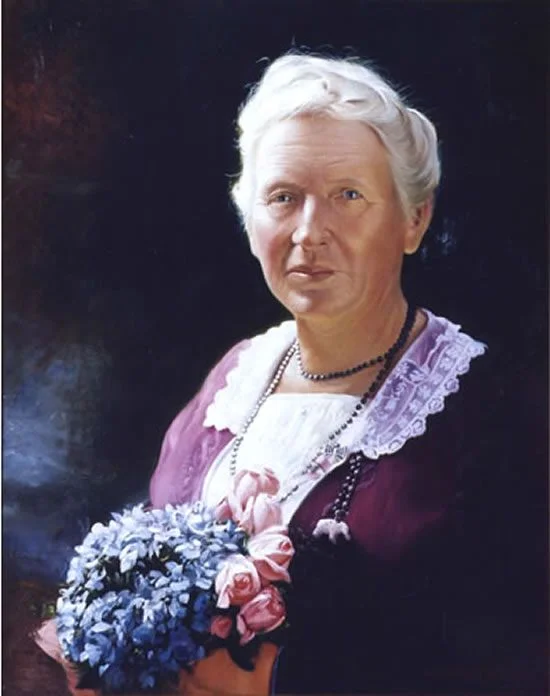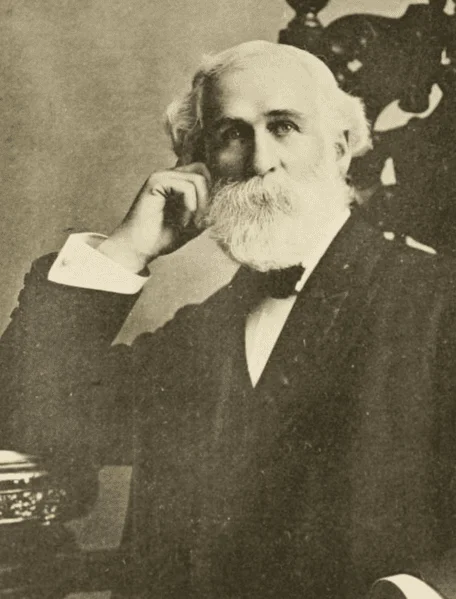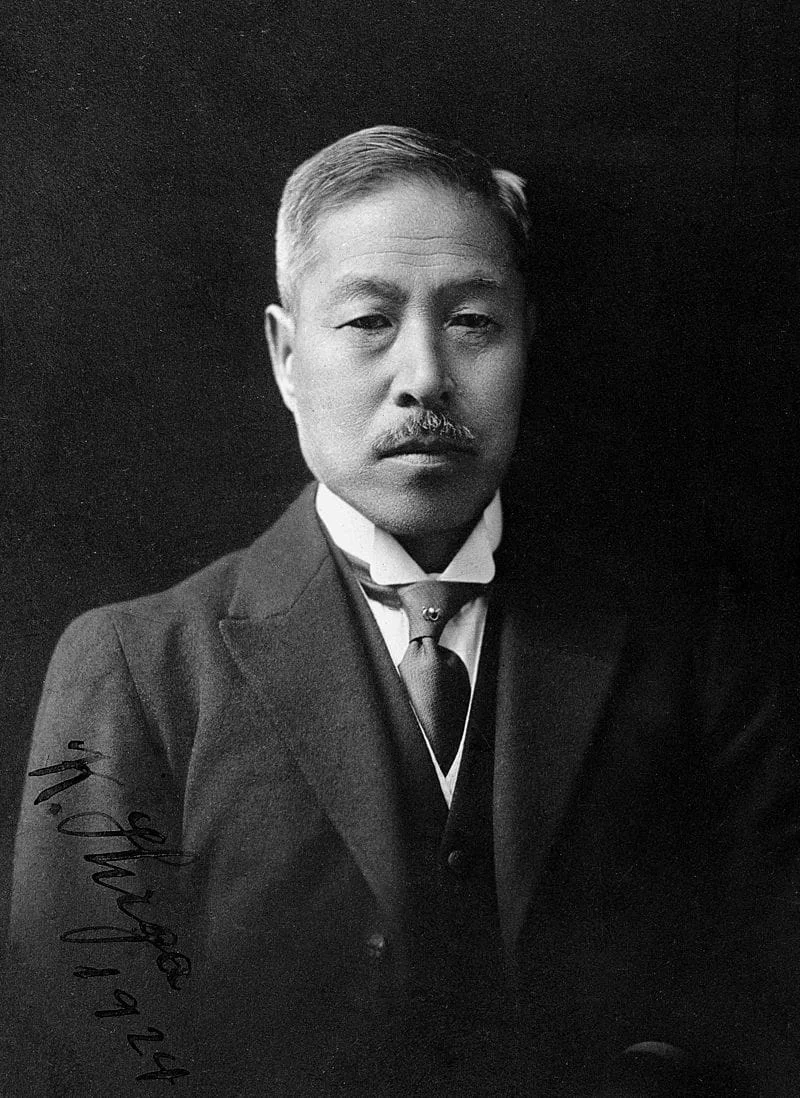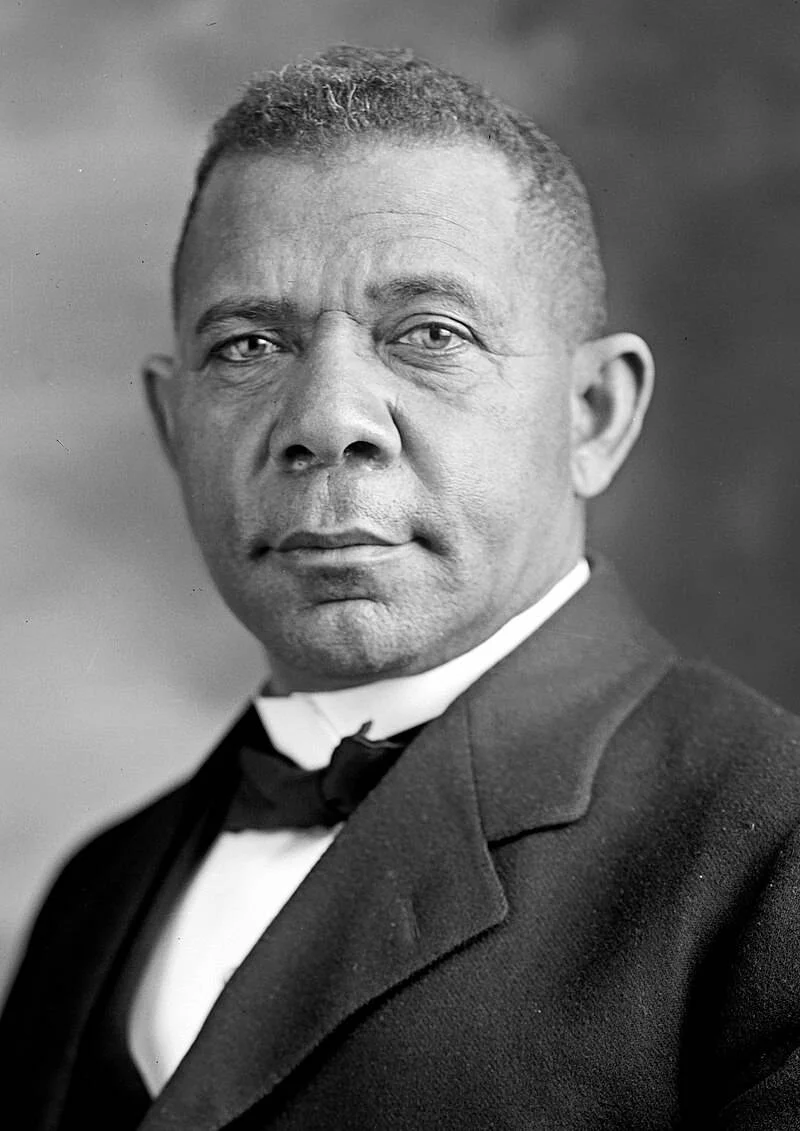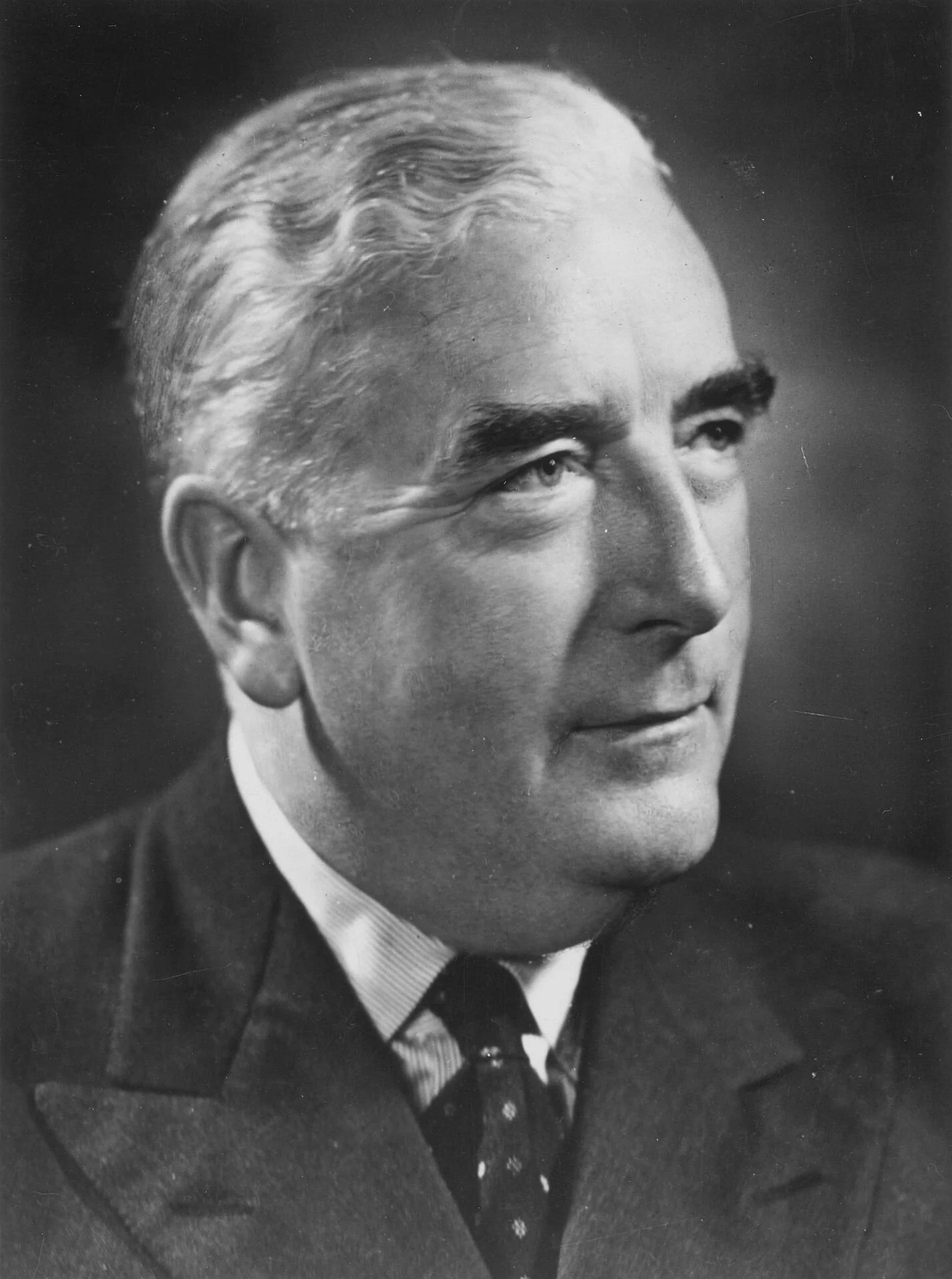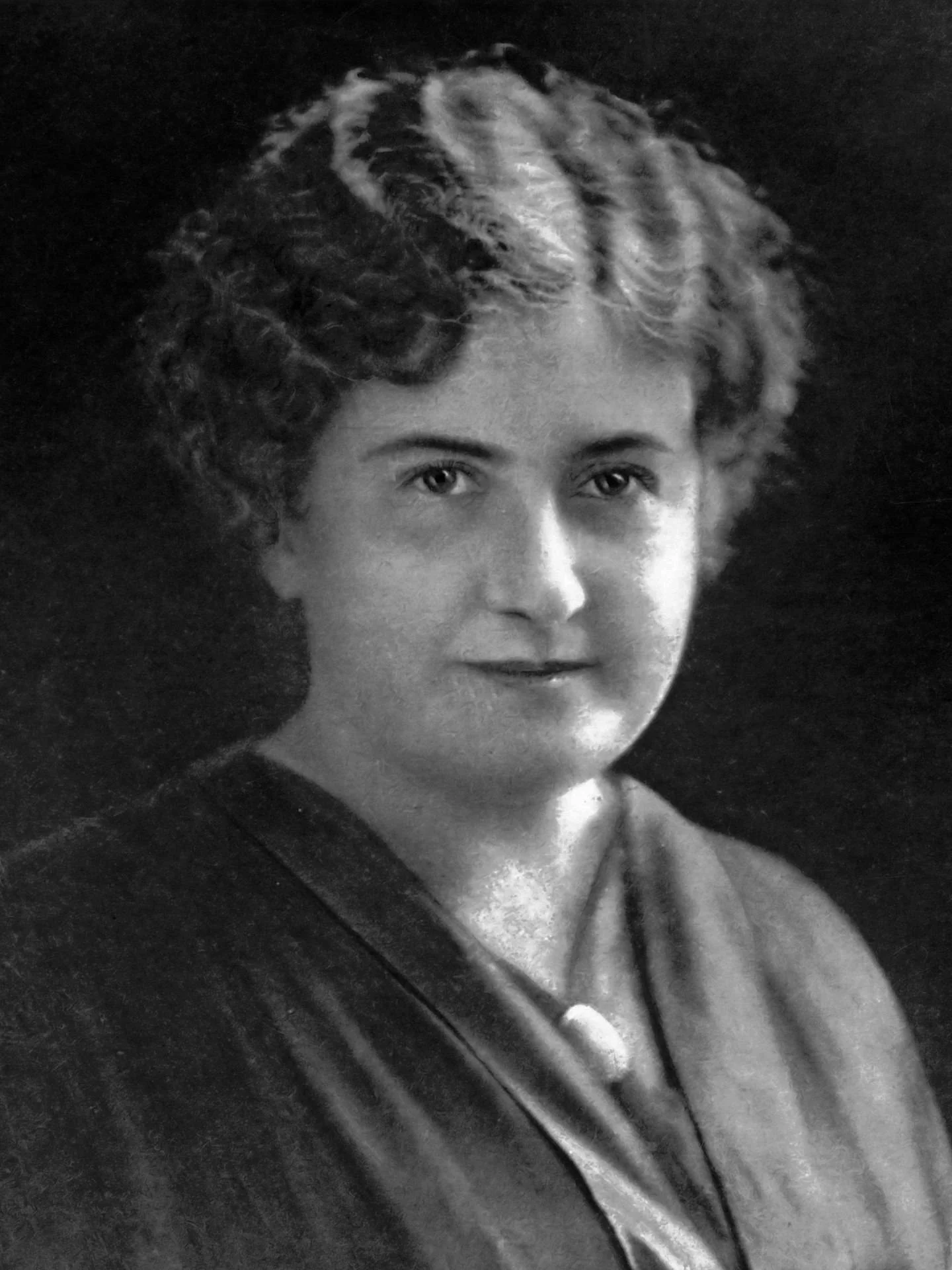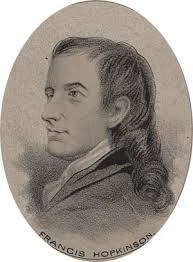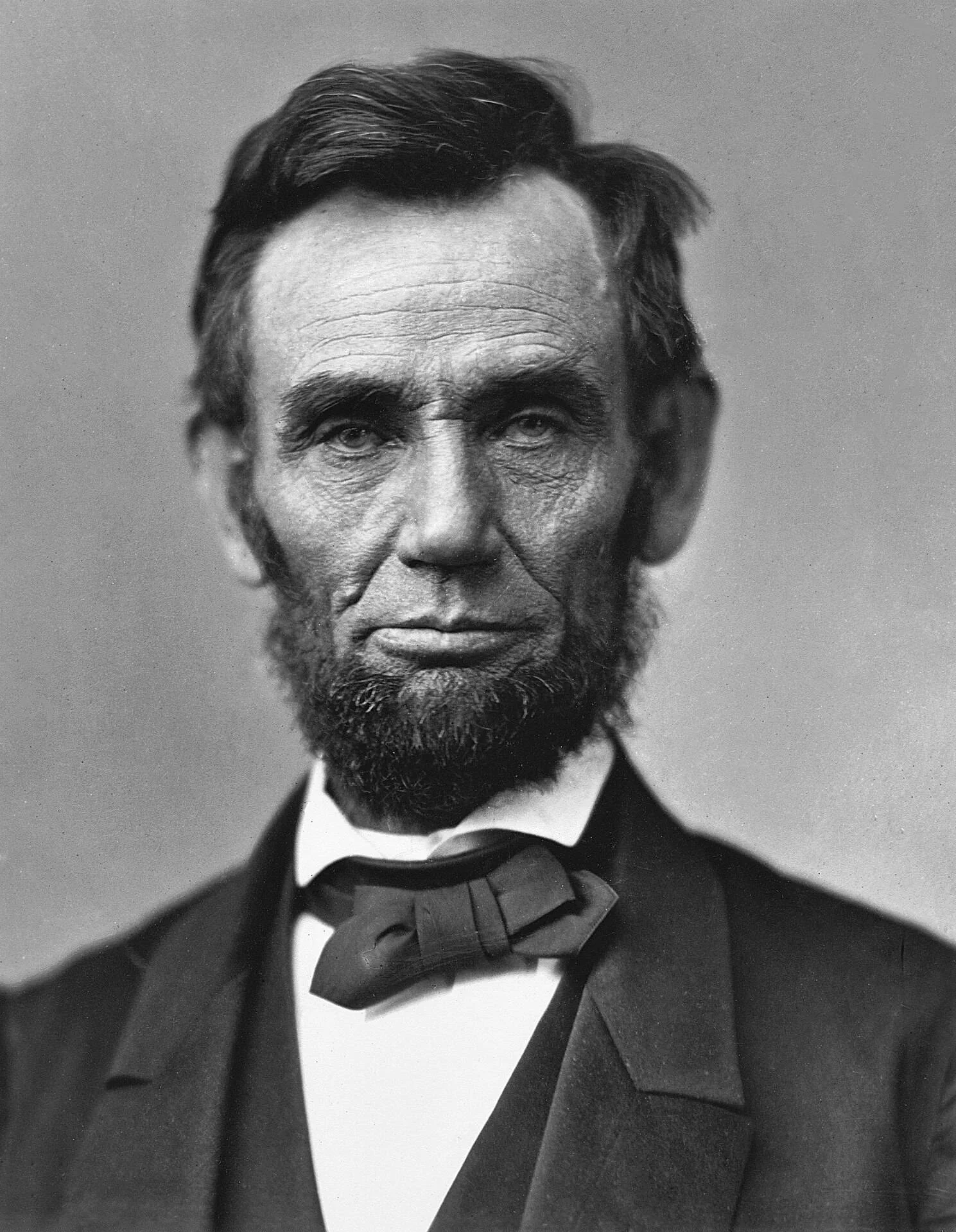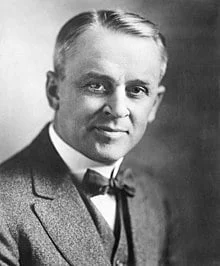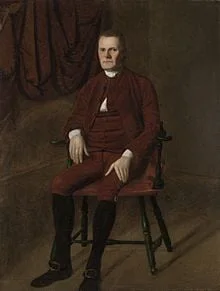Real Celebrities Never Die!
OR
Search For Past Celebrities Whose Birthday You Share
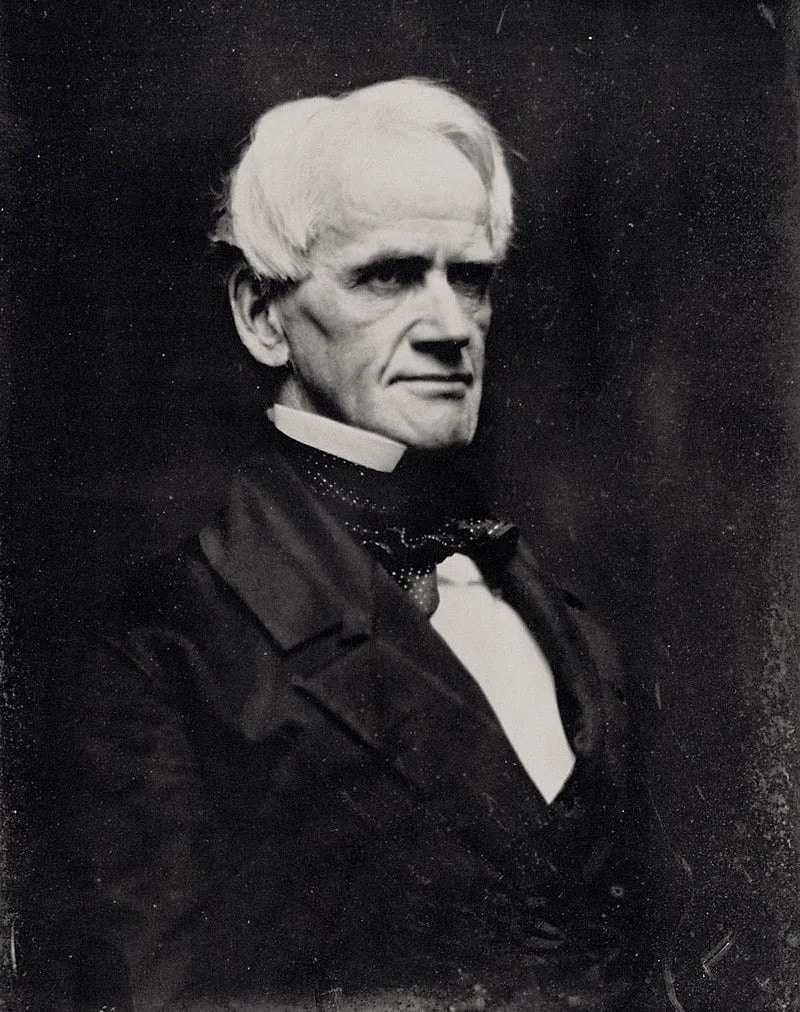
source:wikipedia.org
Horace Mann
Birthday:
04 May, 1796
Date of Death:
02 Aug, 1859
Cause of death:
Typhoid fever
Nationality:
American
Famous As:
College president
Age at the time of death:
63
Horace Mann's Quote's
Early Life and Education
Horace Mann, born May 4, 1796, in Franklin, Massachusetts, was a remarkable figure in American history. He began as a lawyer and politician but shifted to education reform, earning the title “The Father of American Education.”
Mann experienced difficulty throughout his childhood. Coming from a poor family, he personally witnessed the limitations of rural education. In rural areas, schools were frequently in bad shape, lacking qualified teachers and proper organization. Mann was determined to acquire knowledge despite the challenges. Through hard work, he was able to attend Brown University and graduated with honors in 1819. Through this accomplishment, he proved his strong desire to learn and his relentless pursuit of success.
Career in Law and Politics
Upon completing his education, Mann went on to have a prosperous career in law and politics. He served as a state representative and senator in Massachusetts. In 1837, he was appointed as the first secretary of the Massachusetts Board of Education. This role exposed him to the poor state of public schools statewide. Mann was shocked by the inadequate resources, teaching methods, and teacher training.
Commitment to Education Reform
Fueled by a desire for change, Mann dedicated himself to transforming the education system. By visiting schools across the country and traveling to Europe, he observed successful education models. The Prussian education system, with its emphasis on standardized curriculum, teacher training, and moral education, greatly influenced his views. Mann believed in an education that cultivated well-rounded individuals capable of making meaningful contributions to society.
Advocacy for Improved Schools and Teacher Training
Mann wrote detailed reports exposing the problems in American schools. He believed in professional training for teachers to improve student outcomes. In addition, he advocated for better school facilities, extended academic years, and a curriculum that integrated critical thinking, practical abilities, and moral education. In addition, Mann supported the concept of physical education and advocated for the use of playgrounds and outdoor activities to promote overall well-being.
Challenges and Persistence
His attempts at reform were met with opposition. There was a reluctance to change traditional teaching methods, especially among conservatives. However, Mann did not give up. Through his strong speaking and writing abilities, he influenced public opinion and secured more funding for schools, resulting in the adoption of his reforms.
Other Social Reforms and Political Engagement
Besides his role in education, Mann was also actively involved in politics. He became a U.S. Representative and fought for other social reforms, such as antislavery and workers’ rights. Mann believed in equality, and it wasn’t limited to education.
Legacy and Final Years
Horace Mann has left behind a tremendous legacy. His contributions include the establishment of teacher training schools, the introduction of standardized textbooks, and the extension of the school year. Additionally, he was a co-founder of Antioch College, which was among the first U.S. colleges to accept both genders. Mann’s efforts laid the foundation for a more accessible education system.
In his final years, Horace Mann served as the president of Antioch College in Ohio. He worked hard to keep the college running despite money problems. Mann became ill with cancer in his last days. He died on August 2, 1859, at the age of 63. Even on his deathbed, Mann encouraged students to work for the good of others. His last words to a graduating class were, “Be ashamed to die until you have won some victory for humanity.”
Enduring Influence on American Education
American education was significantly influenced by Mann’s lasting impact. He played a role in establishing free public schools for every child. His ideas regarding teacher training, extended school years, and improved school infrastructure remain relevant today. Many schools across the United States are named after him. Horace Mann is remembered as the “Father of American Public Education” for his work in making schools better for everyone.
Name:
Horace Mann
Popular Name:
Horace Mann
Gender:
Male
Cause of Death:
Typhoid fever
Spouse:
Place of Birth:
Franklin, Massachusetts, U.S.
Place of Death:
Yellow Springs, Ohio, U.S.
Occupation / Profession:
Personality Type
Protagonist: Charismatic and inspiring leaders, able to mesmerize their listeners. His captivating public speaking made him well-known.
Although often associated with Massachusetts, Mann spent the latter part of his life as President of Antioch College in Ohio, continuing his advocacy for educational reform on a national level.
Despite his dedication to public education, Mann never actually taught in a classroom himself.
He married Mary Tyler Peabody, a prominent educator and feminist who shared his passion for education reform.
Mann was known for his captivating public speaking, his passionate speeches leaving a lasting impression on audiences.
Advocated for physical education, libraries, and moral education
Championed teacher training, improved school infrastructure, and standardized curriculum
Played a key role in founding Antioch College
Secretary of the Massachusetts Board of Education (1837-1848)

